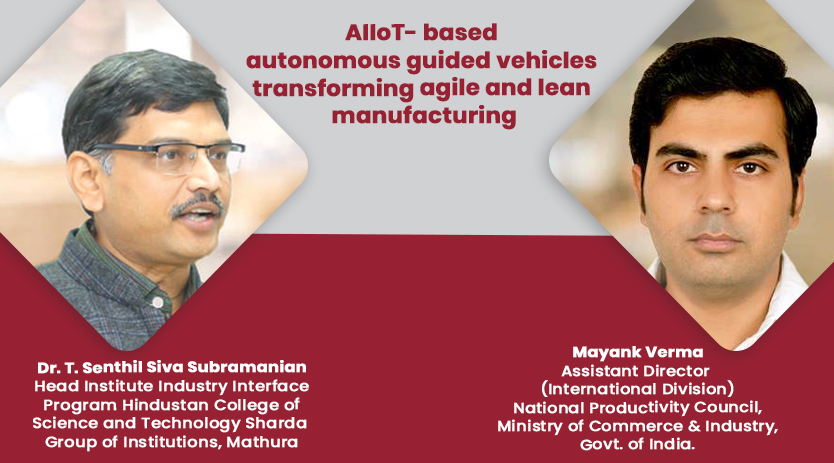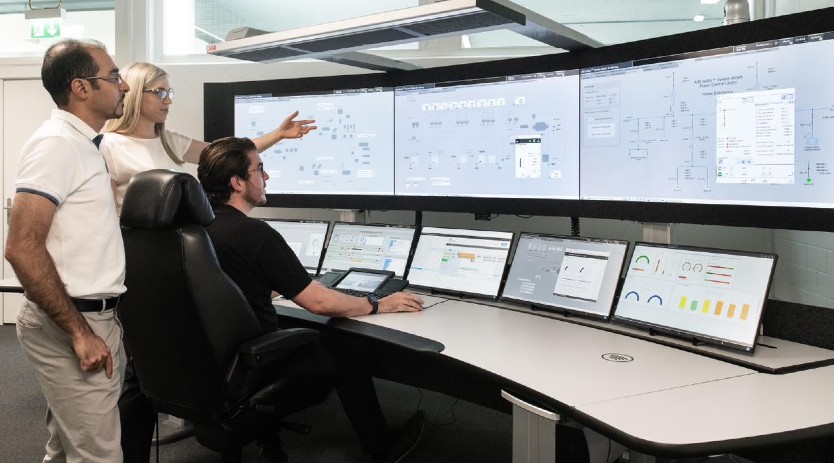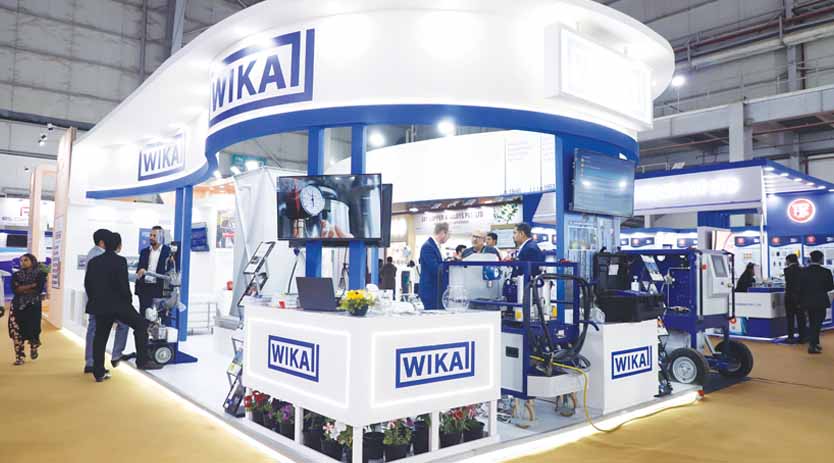Our space odyssey
September 11, 2023 7:09 pm
India’s space achievements, from Chandrayaan-3’s historic moon landing to ISRO’s pioneering efforts, underscore the nation’s growing prowess in space technology, manufacturing and the promising future of private sector involvement.
As an Indian, one of the proudest moments in terms of technological achievements is undoubtedly our success in space exploration. The tremendous interest and enthusiasm it has generated across the nation, second only to cricket, is truly remarkable and bodes well for the entire country. Space endeavours are incredibly challenging, and the sheer number of technologies involved in missions like Chandrayaan-3 is staggering. Our success in these intricate technologies showcases our capabilities as a nation.
In a historic achievement, India has become the fourth nation to successfully land on the moon, securing its place as the first to touch down on its elusive southern pole. The Chandrayaan-3 mission promises to unveil the mysteries of this uncharted lunar region.
Amit Shah, the Minister of Home Affairs, highlighted the impressive strides made in the last decade under the new space policy. India’s record-breaking accomplishments include launching 55 spacecraft, 50 launch vehicle missions, simultaneous deployment of 104 satellites, a successful first attempt at reaching Mars, and now, triumph with Chandrayaan-3.
Crucially, reforms in the space sector in 2020 have paved the way for private sector involvement, promising to accelerate India’s space missions. The Union Home Minister emphasised that this new space endeavour elevates India as a global launch pad for space projects. It opens space exploration opportunities for Indian companies and holds the potential to create numerous job opportunities for the nation’s youth.
Jamshyd Godrej, Chairman and Managing Director, Godrej & Boyce, added, “We extend our heartfelt congratulations to ISRO for successfully landing Chandrayaan-3 on the lunar surface. This achievement is a testament to India’s remarkable advancements in space exploration and technology. We will be the fourth nation worldwide to attain this milestone and pioneers in demonstrating a soft landing on the moon’s south pole. We celebrate this moment enthusiastically and look forward to continued contributions to the nation’s scientific excellence and progress journey. This success reinforces our belief in the power of indigenous manufacturing and our contribution to pushing the boundaries of technological innovation.”
Space resilience and manufacturing expertise
Jagdeep Dhankhar, the Vice President, noted that Vikram’s soft landing has solidified India’s presence in the 21st century. The approved cost for Chandrayaan-3 stands at Rs. 250 Crores, excluding the launch vehicle expense. Chandrayaan-2 achieved an impressive 98 percent success rate, fulfilling most of its mission goals, despite minor issues during the Lander Module’s last phase, which resulted in higher velocities at touchdown. Drawing from this experience, ISRO meticulously planned Chandrayaan-3 to ensure a flawless touchdown at the moon’s south pole.
What’s even more significant is that this success reaffirms that India possesses the knowledge and the determination to excel in these fields. It’s a testament to the people’s expertise and their unwavering commitment, even in the face of past failures. The resilience demonstrated in revisiting and refining a mission that faltered four years ago is commendable. Manufacturing in the space sector demands meticulous precision, unwavering reliability, and the highest reproducibility standards. Aerospace and defence sectors share these critical requirements, emphasising the need for precision manufacturing and unmatched reliability.
In space and defence, history is filled with instances where even minor manufacturing or operational errors have resulted in costly failures. Manufacturing, therefore, holds a pivotal role. Equally crucial is the pursuit of next-generation technologies. Chandrayaan’s success illustrates India’s persistent pursuit of space technology since the 1960s. The loss of a space mission affects the country and represents a significant loss of technology and knowledge for the world. Failures are integral to learning, especially in aerospace, where the stakes are exceptionally high. Once something ventures into space, it faces the unforgiving nature of the cosmos, where help or intervention is impossible. It is essential to recognise that in these strategic sectors, the technologies we employ have not just single but multifaceted uses across various fields of engineering and science. This versatility adds another layer of significance to our achievements.
MSME
Union Minister for Micro, Small, and Medium Enterprises, Shri Narayan Rane, extended congratulations to the nation and ISRO for Chandrayaan-3’s successful landing. He emphasised that the MSME Ministry played a significant role in realising the mission alongside the country’s scientists.
Shri Rane noted that the Bhubaneswar Tool Room, an MSME Ministry entity, manufactured approximately 54,000 aerospace components of 437 different types for the mission. Additionally, IDEMI Mumbai, another institute under the Ministry, contributed to parts manufacturing for Chandrayaan-3. The Union Minister highlighted that the mission’s success will bring benefits not only to India but also to the global community.
ISRO
ISRO, as an organisation, has truly excelled in mastering the domain of systems engineering from end to end. This is a capability that needs to be improved in our country. While the IT revolution swept us up, ISRO concentrated on building comprehensive engineering systems expertise. What sets them apart is their work culture. Shinto Joseph, Director – South East Asia Operations, LDRA Technology, added, “Throughout my career, I’ve closely collaborated with ISRO, and I’ve noticed they prioritise placing their most influential individuals in quality and reliability roles.
In contrast, in many other Indian organisations, such roles are often seen as punitive assignments. ISRO’s approach empowers these experts to overrule decisions when necessary, ensuring that quality is paramount. This commitment to getting it right from the beginning is a practice that ultimately pays off in the long term.”
In the business realm, scalability in manufacturing is a constant topic of discussion. India, as a late entrant in lower-end manufacturing, faces certain disadvantages. However, the scenario shifts in high-tech manufacturing, where trust plays a pivotal role. India is better positioned in the global supply chain, gaining trust and credibility as a reliable vendor. This is a facet we can leverage by focusing more on high-tech manufacturing. While low-tech manufacturing remains essential, mastering high-tech manufacturing is an area where we can excel. Mr. Puneet Dalmia, the Managing Director of Dalmia Bharat Limited, congratulated ISRO, adding, “Chandrayaan3 captures the grit and determination of India: No dream is too far when fueled by passion. Celebrating ISRO, celebrating India. This is India’s moonshot decade.”
In the context of ISRO, a significant shift is on the horizon. Soon, regular rocket launches and reusable technologies will likely transition to private entities. ISRO will focus more on core research and development. This transition opens up substantial opportunities for the private sector. While many private companies already collaborate with ISRO, new entrants are emerging, creating a dynamic space sector. Although this shift may take time, the lessons learned from the defence industry’s evolution will be transformative for space. The move from a government-centric approach to a more private-public model within India and global collaboration is being tested and marks a maturation phase. We are learning and adapting and headed in the right direction. ISRO’s initiatives to involve the private sector in special missions are pivotal in allowing them to excel and contribute significantly to the space sector’s growth.
Chandrayaan-3’s Objectives
Prime Minister Modi expressed his confidence that the Chandrayaan Maha Abhiyan’s achievements will propel India’s exploration beyond lunar orbits, pushing the boundaries of our solar system and tapping into the limitless potential of the universe for humanity. He underscored India’s commitment to ambitious future goals, revealing ISRO’s plans to launch the ‘Aditya L-1’ mission for an in-depth study of the Sun and its aspirations regarding Venus.
Following its successful landing, Chandrayaan-3 is set to deploy a rover on the moon’s surface to explore the lunar south pole. The rover’s tasks include leaving an imprint of the Indian flag and ISRO logo on the lunar regolith as it moves and collecting data on the moon’s surface composition.
The rover will also be equipped with instruments to gather information on the moon’s atmosphere and return this data to the lander. Meanwhile, the lander will measure near-surface plasma density, study the thermal properties of the lunar surface, assess seismic activity, and investigate the structure of the lunar crust and mantle. This comprehensive research is expected to take approximately two weeks to complete.
India’s space achievements, exemplified by Chandrayaan-3’s success, showcase its tech prowess. With private sector involvement and precision manufacturing, India’s space journey advances. Future goals include Sun and Venus missions, solidifying its global presence. Chandrayaan-3’s lunar exploration and research exemplify India’s innovation and exploration spirit.
Cookie Consent
We use cookies to personalize your experience. By continuing to visit this website you agree to our Terms & Conditions, Privacy Policy and Cookie Policy.



















 English
English Hindi
Hindi